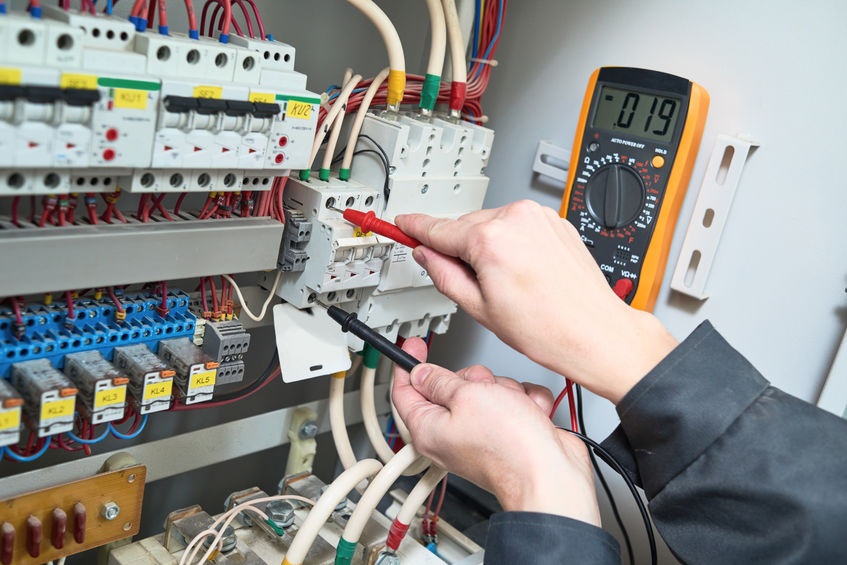What is Fixed Wire Testing – And Why it is Important?
It goes without debate that you can not play too safe when dealing with any electricity within the place of work. Every employer has the legal duty to ensure their electrical installations throughout their premises operate safely and minimise serious or fatal risk, agreed under the Electricity at Work Regulations 1989.
The most fundamental duty of care is ensuring that electrical safety testing is conducted regularly, complying with Health and Safety Executive (HSE) requirements on robust levels of inspection and reporting. When a building is open to the public, this is paramount to comply and work with a professional that offers health and safety services Manchester.
Where Does Fixed Wire Testing Come in?
With fixed wire testing, you can ensure all obligations are fulfilled and any hazards rectified within your electrical systems. It greatly benefits the safety of your staff and any members of the public using your premises.
In a fixed wire test, the entire electrical installation throughout your building is thoroughly inspected and accessed by a qualified engineer to examine safety and compliance with all current regulations. Also classed under a fixed electrical wiring test or EICR (Electrical Installation Condition Report), the test covers an extensive range of installations.
The testing covers hardwiring, connections, Fuses, RCDs (Residual Current Devices) and circuit breakers. Other areas that get tested include all distribution boards and switchboards. Testing also extends to lighting circuits, sockets, air conditioning units – and any fixed plant in and around the building.
What Gets Identified in Fixed Wire Testing?
Before covering what gets identified, we should state that fixed wire testing does not include an inspection on portable appliances plugged into your company mains. This equipment would require PAT testing Manchester (Portable Appliance Testing) to identify any damage or defects within them.
Fixed wire testing uses a mixture of visual, electronic and other testing methods to identify risks of electrical fires within your business. It can come in frayed wiring, loose connections or exposed live components. Testing can also identify overloaded circuits, defective electrical work and absent earthing or bonding – any avenues that can result in electric shock hazards.
How Often Do You Need Fixed Wire Testing?
To determine how often fixed wire testing Manchester is required for your business, you must consider its size, industry sector and the type of installations used and their maintenance period.
Manufacturing businesses would require more regular testing than a small commercial office environment. Industrial premises have regular inspections every three years minimum, with office and retail property requiring it every five years minimum. Annual inspections are essential for businesses with higher water exposure rates, such as swimming or leisure outlets.
If you ignore health and safety guidelines around electrical components, you risk voiding your building insurance and instigating a lot of additional costs in the future. Regular fixed wire testing is essential to keep you compliant and on the right side of safety and the law.
If you would like to enquire about fixed wire testing, electrical breakdown services, and net zero solutions, contact the team at AMS Solutions today.
